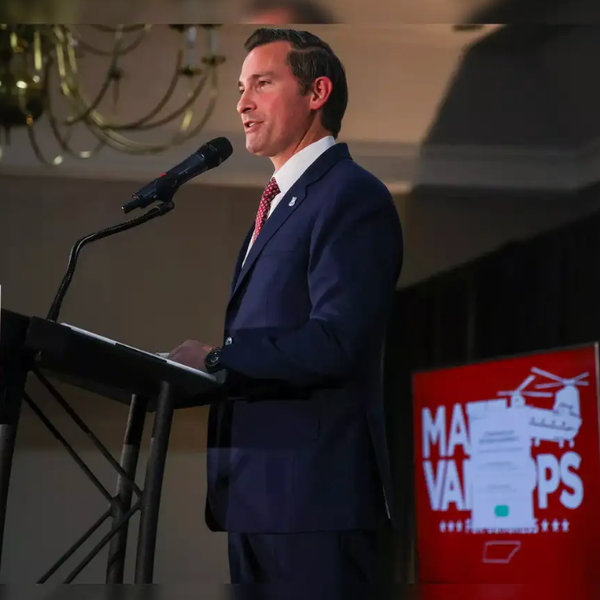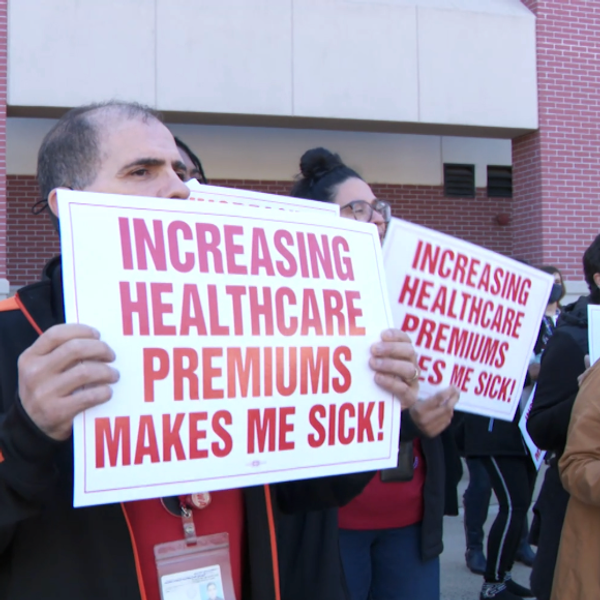
By Cass Sunstein, Bloomberg News (TNS)
Here’s a quiz. Why did President Barack Obama take steps to normalize relations with Cuba? (a) To polish his legacy. (b) To improve the position of the Democratic Party for the 2016 election. (c) To weaken the Cuba lobby. (d) To show leadership. (e) None of the above.
If you answered anything other than (e), you’re wrong.
Here’s another one. Why did Obama initiate immigration reform on his own? (a) To punish the Republican Party, which repeatedly blocked legislation on that question. (b) To improve his sagging approval ratings. (c) To secure the Hispanic vote for the Democratic Party. (d) To polish his legacy. (e) None of the above.
Here again, (e) is the right answer.
On both Cuba and immigration, Obama isn’t taking action out of concern for politics or for his legacy. He’s taking action because these are things he actually cares about, and time for action will soon start to become scarce. In the 2008 campaign, he made it altogether clear that he wanted to start normalizing relations with Cuba. Immigration reform has long been among his highest priorities. No one should have doubted that, if Congress failed to act, he would do whatever he could to achieve that reform.
Obama is now entering the fourth quarter of his presidency and, as he recently said, “Interesting things happen in the fourth quarter.” In politics as in football, what makes the fourth quarter interesting is straightforward: an increased sense of urgency.
Especially in his early years, any president has to engage in a lot of priority-setting in order to decide what to press today, this month, this quarter, or this year, and what to put on hold. (Every White House has its own shorthand for this process, such as “mañana” or “kick the can.” I worked in the Obama administration during the first term, and I certainly heard both phrases.) If the preparatory work or negotiation isn’t yet complete for a desired policy — as it apparently was not, until recently, with Cuba — postponement will be inevitable. And if political constraints, such as imminent midterm elections, seem to counsel delay, then there might well be delay (as was apparently the case with immigration reform).
As a result, those who support particular causes are often greatly frustrated, accusing the president, or influential people within the administration, of not caring about those causes. They’re often wrong. The problem typically lies not in indifference but in the constraints imposed by priority-setting and politics.
With two years left in a presidency, both of those constraints start to weaken. If you have ten things do, you are less likely to delay five of them if “later” means “never.” And if you don’t have to worry about your re-election, or about working to keep a house of Congress in your party’s hands, short-term political calculations recede in importance.
To the extent that the Obama administration has recently focused on environmental issues, above all climate change, it isn’t because of a desire to appeal to the base, to retain the presidency in 2016, to punish the Republican Party, or to create a legacy. It’s because reducing the risks associated with climate change is a high priority for the president, and if significant further steps are to be taken (such as regulation of power plants), they must be taken soon.
To the extent that the administration is now focusing on college education, manufacturing and housing, it’s because those are also high-priority issues, and time for significant initiatives is limited.
When a quarterback increases his focus in the fourth quarter, and marches his team down the field, he’s unlikely to be focusing on his legacy. In fact, that would be a ridiculous and probably self-defeating thought. He’s in the moment, and he wants to win the game. Any president, faced with an ever- shortening time in office, seeks to do the political equivalent, which is to try to put policies in place that fit with his deepest convictions. That’s what we should expect in the next two years.
Cass Sunstein is a Bloomberg View columnist. Readers may send the author email at csunstein1@bloomberg.net.
Photo: President Barack Obama talks on the phone with Alan Gross, who was en route to the United States from Cuba, in the Oval Office, Dec. 17, 2014. (Official White House Photo by Pete Souza)








